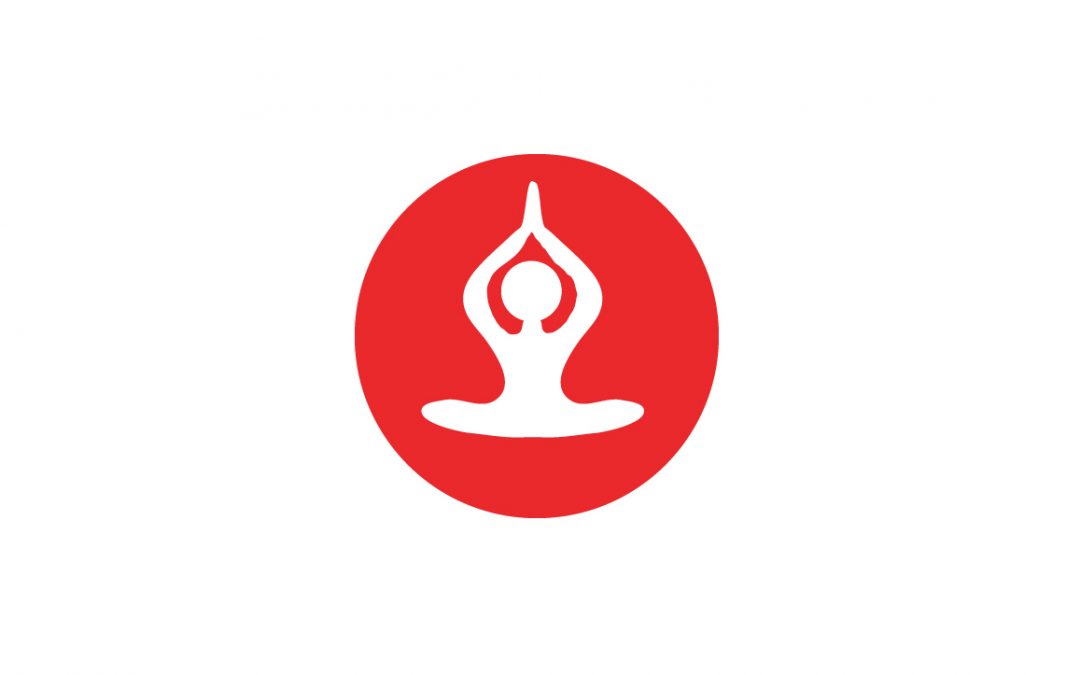Left unchecked, stress can have a devastating effect on your health and relationships — so it’s important to learn to manage it.
There are plenty of simple techniques you can learn to help reduce the causes of stress. However trapped you may feel in your situation, remember that there is always a solution and that you do have control.
Why you shouldn’t ignore stress. Left unchecked, work stress will:
Reduce your productivity.
Ruin your holidays.
Make you feel unhappy at work.
Interfere with your family time.
In time, stress can wear your body down and can increase the risk of injury and disease. So don’t ignore it! If you are feeling tense and worried about work, you can learn to manage it with relaxation techniques, counselling, exercise, assertiveness training, and improved social skills.
Strategies to manage stress at work
- Take breaks — make sure that you give yourself a 10 to 15 minute break every few hours, and always take a lunch break. From time to time, stand up, stretch, breathe deeply, or close your eyes to release tension. Short breaks between tasks can help you feel like you’ve finished one thing before moving on to the next.
- Eat well. Healthy meals and snacks during your work day are critical. When you eat poorly, you’re more likely to be impatient and tired, and have difficulty concentrating. This will only increase your stress level.
- Breathe. A typical response to stress is shallow, rapid breathing. Use deep-breathing techniques to calm both mind and body. Focus on each inhale and exhale.
- Stretch. Learn some simple desk exercises — they can combat stress and sluggishness, helping you get through the day.
- Think positive. Use positive talk with yourself to help you succeed at an upcoming challenge. Say to yourself “I can,” then set your mind to do it. If you anticipate a stressful situation coming soon, think it through ahead of time and make plans how you will react to it.
- Walk away — if you feel angry, walk away and count to 10. Then look at the situation again. Walking and exercise can help ease tension. If it persists, try breathing deeply.
- Manage your time better — it’s hard to stay calm and focused when you’re stretched too thin and running behind. So plan your time and make lists. Priorities the most urgent tasks and break up projects into small, manageable steps.
- Take a “global” view — a “global” perspective can help to make stressful situations seem less important. So if something is worrying you now, ask yourself how much it will matter to you in a year, and try to put it in perspective.
For more information and to see available programs and tools, log into EFAP
